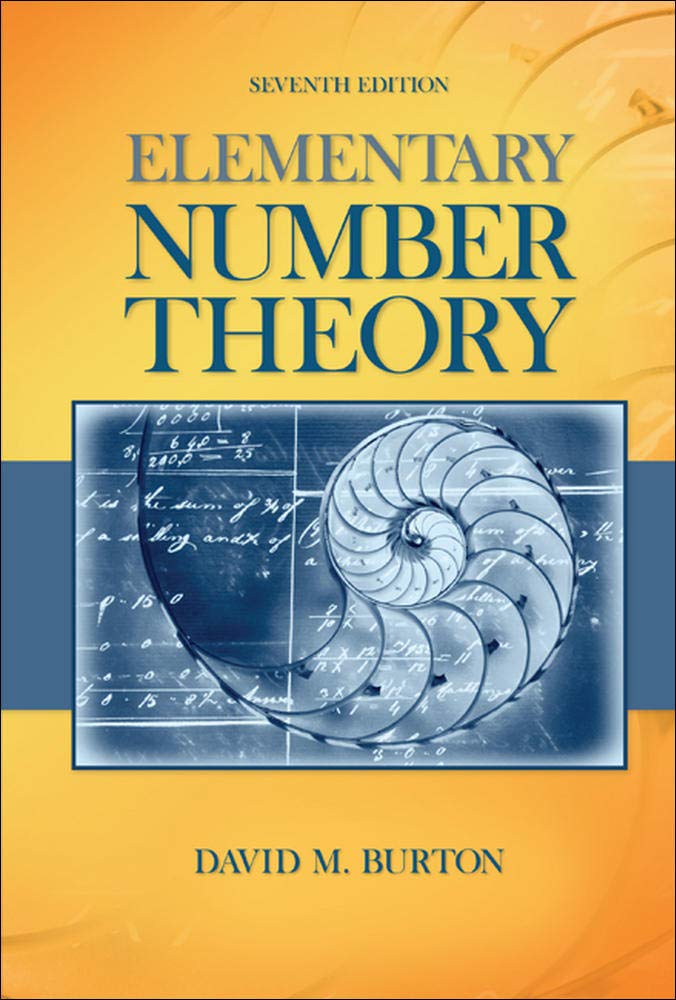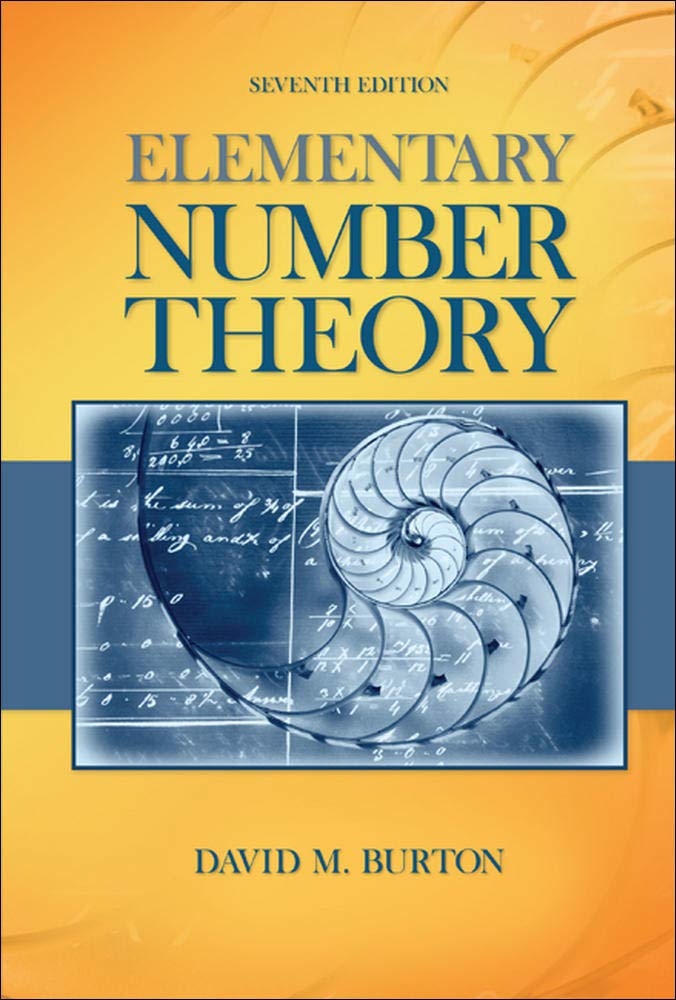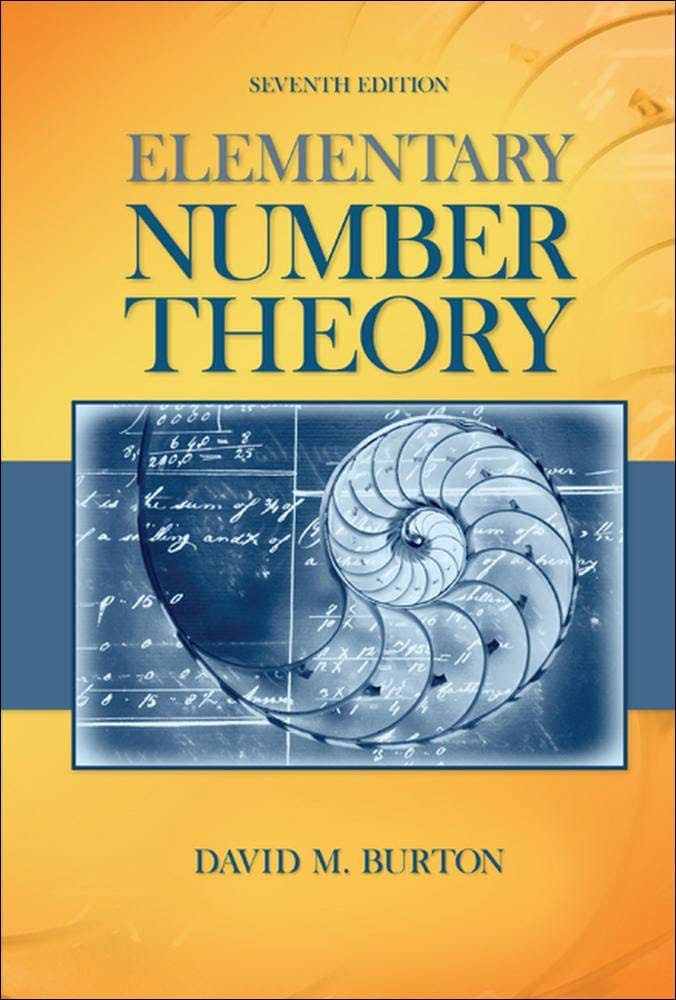
Elementary Number Theory Problems 3.3 Solution (David M. Burton's 7th Edition) - Q17
My Solution for "In $1848$, de Polignac claimed that every odd integer is the sum of a prime and a power of $2$. For example, $55 = 47 + 2^{3} = 23 + 2^{5}$. Show that the integers $509$ and $877$ discredit this claim."
Table of Contents
Background
All theorems, corollaries, and definitions listed in the book's order:

I will only use theorems or facts that are proved before this question. So you will not see that I quote theorems or facts from the later chapters.
Question
In $1848$, de Polignac claimed that every odd integer is the sum of a prime and a power of $2$. For example, $55 = 47 + 2^{3} = 23 + 2^{5}$. Show that the integers $509$ and $877$ discredit this claim.
Solution
For $509$:
$509 - 2^{0} = 508$ (divisible by $2$)
$509 - 2^{1} = 507$ (divisible by $3$)
$509 - 2^{2} = 505$ (divisible by $5$)
$509 - 2^{3} = 501$ (divisible by $3$)
$509 - 2^{4} = 493$ (divisible by $17$)
$509 - 2^{5} = 477$ (divisible by $3$)
$509 - 2^{6} = 445$ (divisible by $5$)
$509 - 2^{7} = 381$ (divisible by $3$)
$509 - 2^{8} = 253$ (divisible by $11$)
$509 - 2^{9} = -3 < 0$
For $877$:
$877 - 2^{0} = 876$ (divisible by $2$)
$877 - 2^{1} = 875$ (divisible by $5$)
$877 - 2^{2} = 873$ (divisible by $3$)
$877 - 2^{3} = 869$ (divisible by $11$)
$877 - 2^{4} = 861$ (divisible by $3$)
$877 - 2^{5} = 845$ (divisible by $5$)
$877 - 2^{6} = 813$ (divisible by $3$)
$877 - 2^{7} = 749$ (divisible by $7$)
$877 - 2^{8} = 621$ (divisible by $3$)
$877 - 2^{9} = 365$ (divisible by $5$)
$877 - 2^{10} = -147 < 0$
Read More: All My Solutions for This Book
Related Pages
Ranblog Newsletter
Join the newsletter to receive the latest updates in your inbox.


